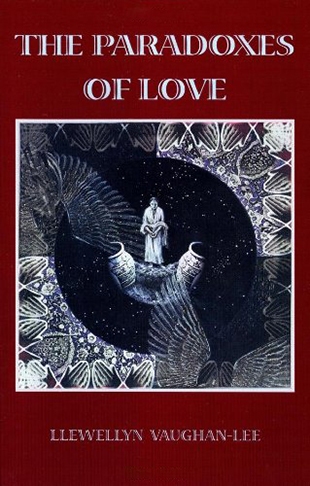Sufis are sometimes called "sweepers" because they aspire to clean their own and others' hearts. Llewellyn Vaughan-Lee has been sweeping away the dust of forgetfulness with his books, lectures, and workshops for years. He has followed the Naqshbandi Sufi path since he was nineteen. In this edifying paperback, Vaughan-Lee probes the bounties of the mystical path of love.
Long ago Rumi wrote: "God turns you from one feeling to another / and teaches by means of opposites, / so that you will have two wings to fly / not one." Everything in existence, says Vaughan-Lee, has a dual manifestation — positive and negative, masculine and feminine, presence and absence, inclusion and renunciation, etc. — and the mystical perspective embraces both sides. This is a difficult view to accept for those raised in a culture where rationalism is paramount: "We have to free ourselves from the constrictions of dualistic thought in order to embrace a reality where beauty and terror coexist, and insecurity is the greatest security. Learning the logic of love, we can see more clearly the guidance of the heart and the pointers on the path of no return. Understanding the inner meaning of apparent paradoxes enables us to appreciate the subtleties of our inner unfolding, the mystery and wonder of the journey."
Another aspect of the acceptance of opposites is being willing to surrender the desire to change a painful situation. The Sufis teach that we can learn deep spiritual lessons from pain and suffering. Or, as Rumi puts it, "Sorrow for His sake is a treasure in my heart. My heart is light upon light, a beautiful Mary with Jesus in the womb."
One of the major paradoxes of love is that we can never fully understand the actions and movements of the Beloved. Abu 'Ali ad-Daqquq expressed it well: "Love is a sweetness, but its inner reality is bewilderment." Perhaps a fanciful term for this awesome feeling should be "bewilderblissed." Another paradox of love is "the heart's inner attachment to its Beloved and freedom from all other attachments." This is what the Sufis call mystical poverty, a form of wealth that goes against the grain of what most people mean by riches. This is just one of the teachings in this cornucopia of insights from Sufism.
